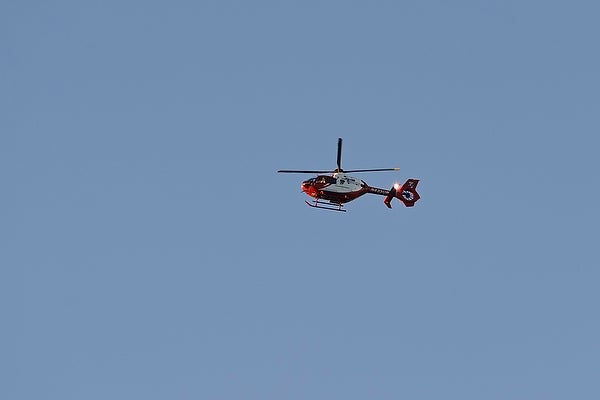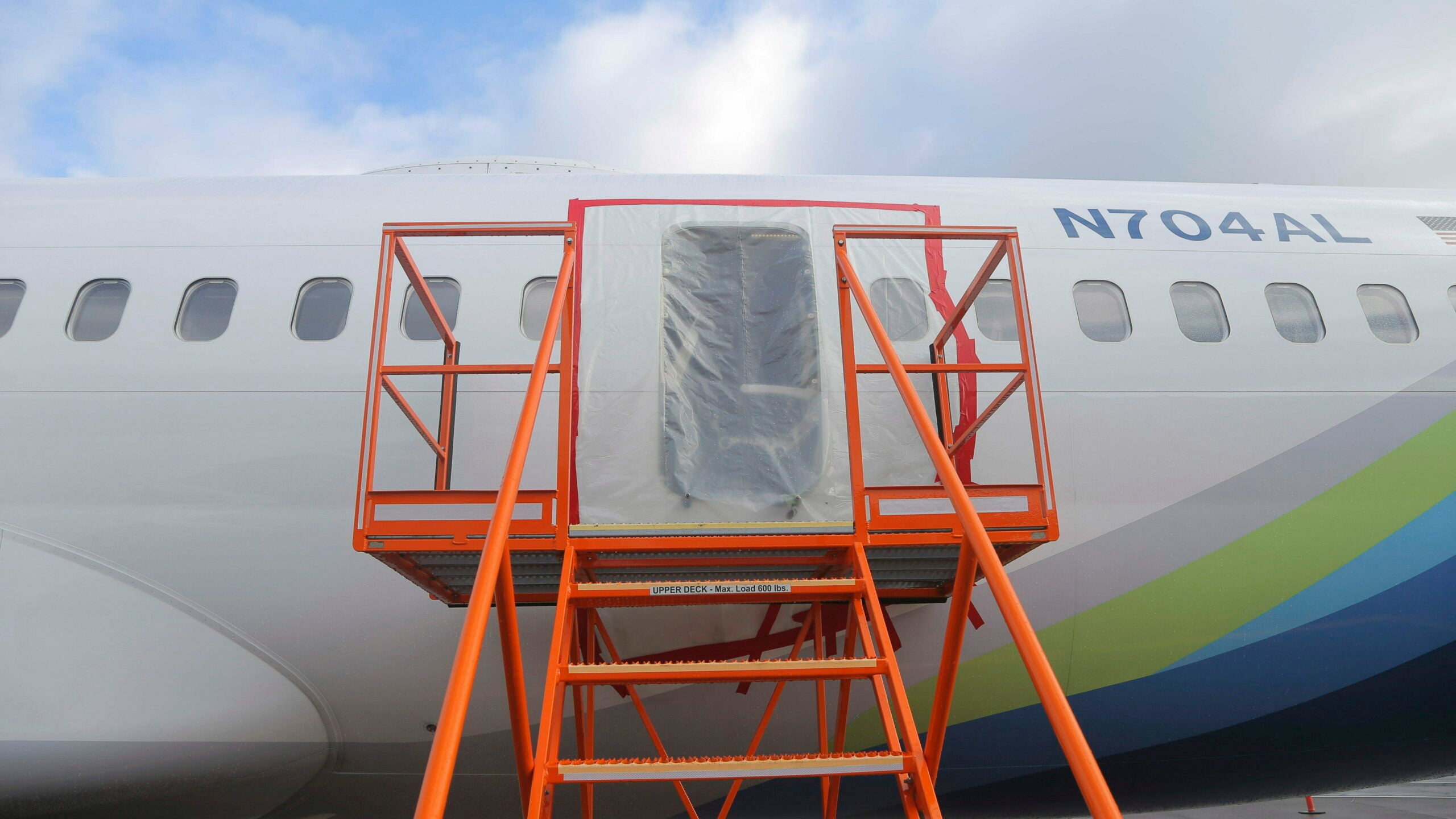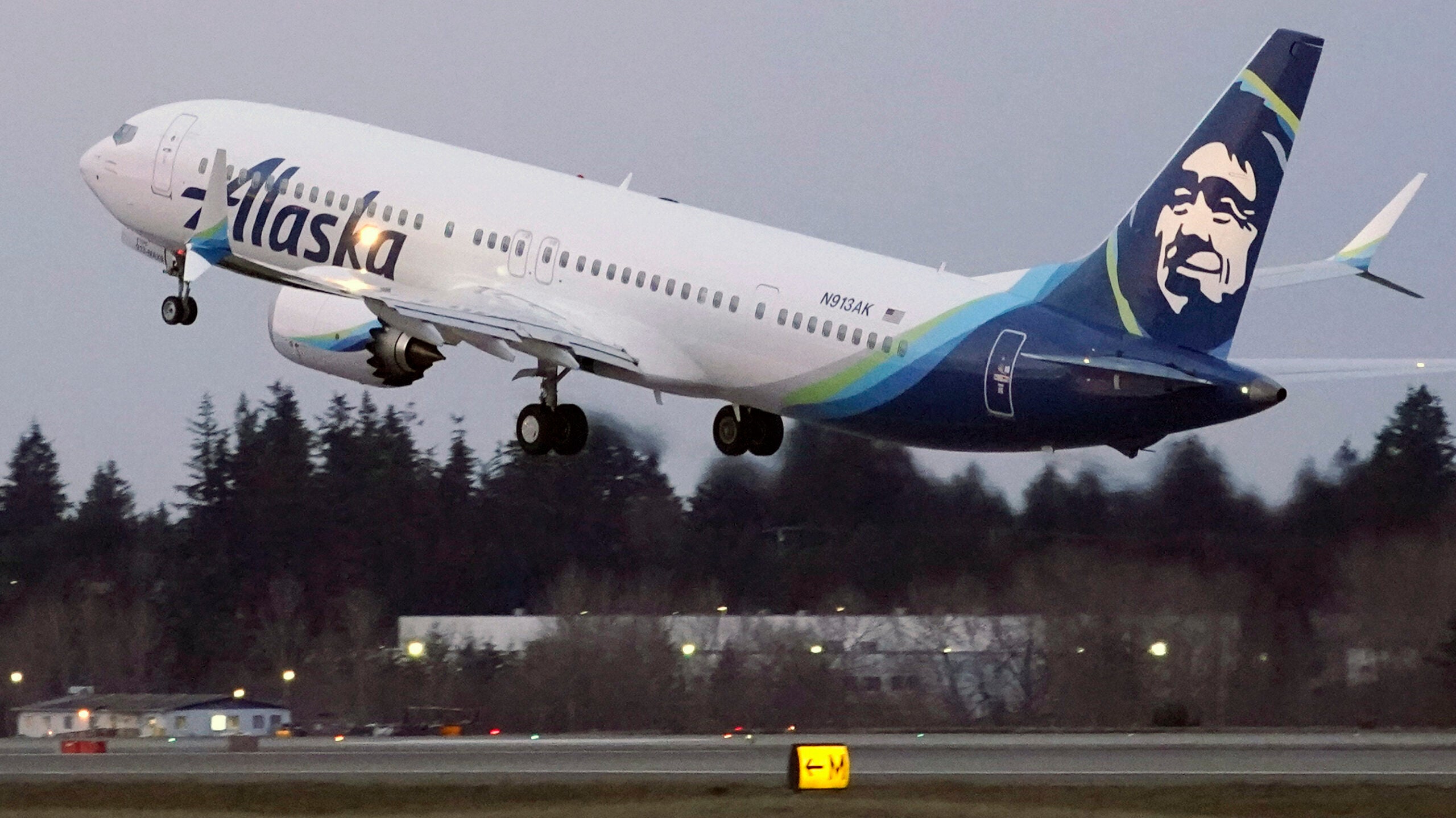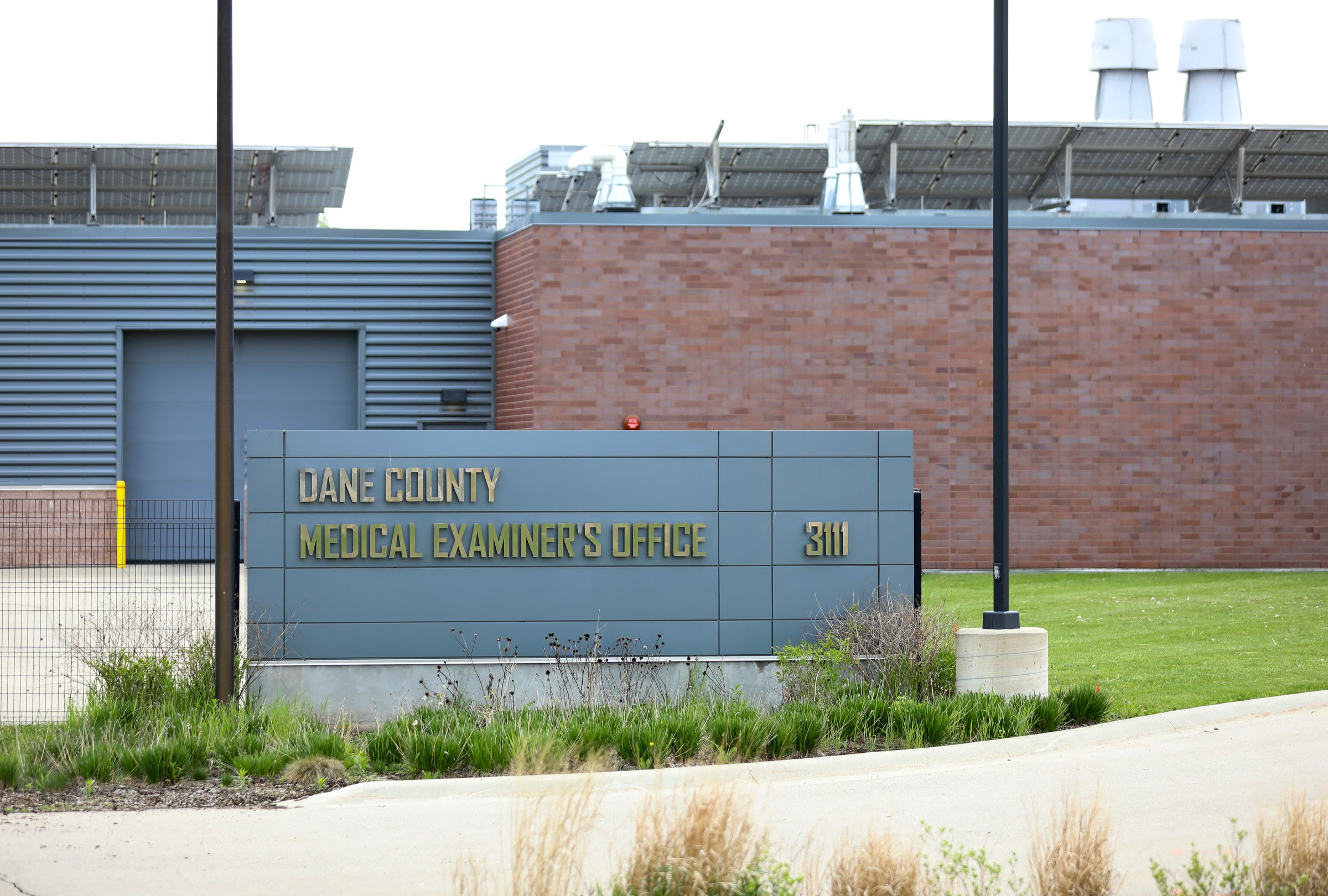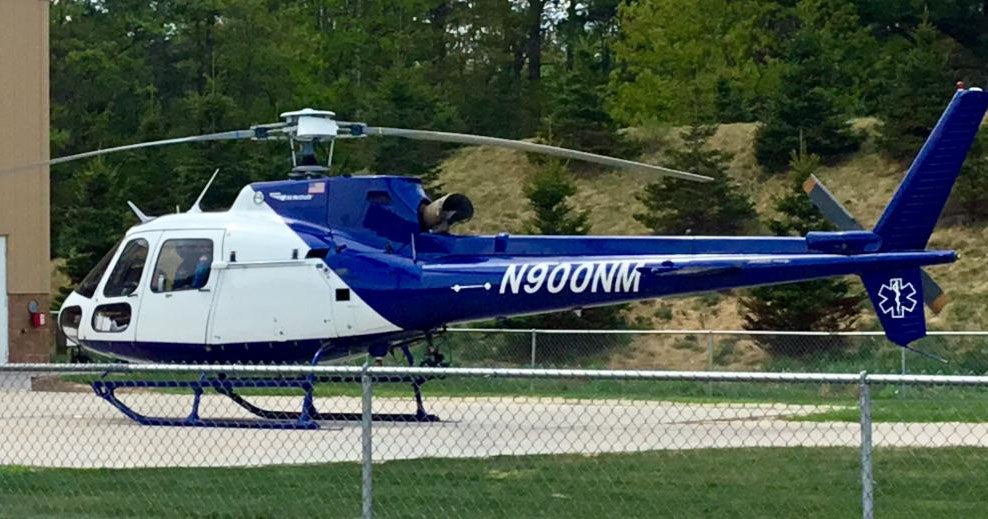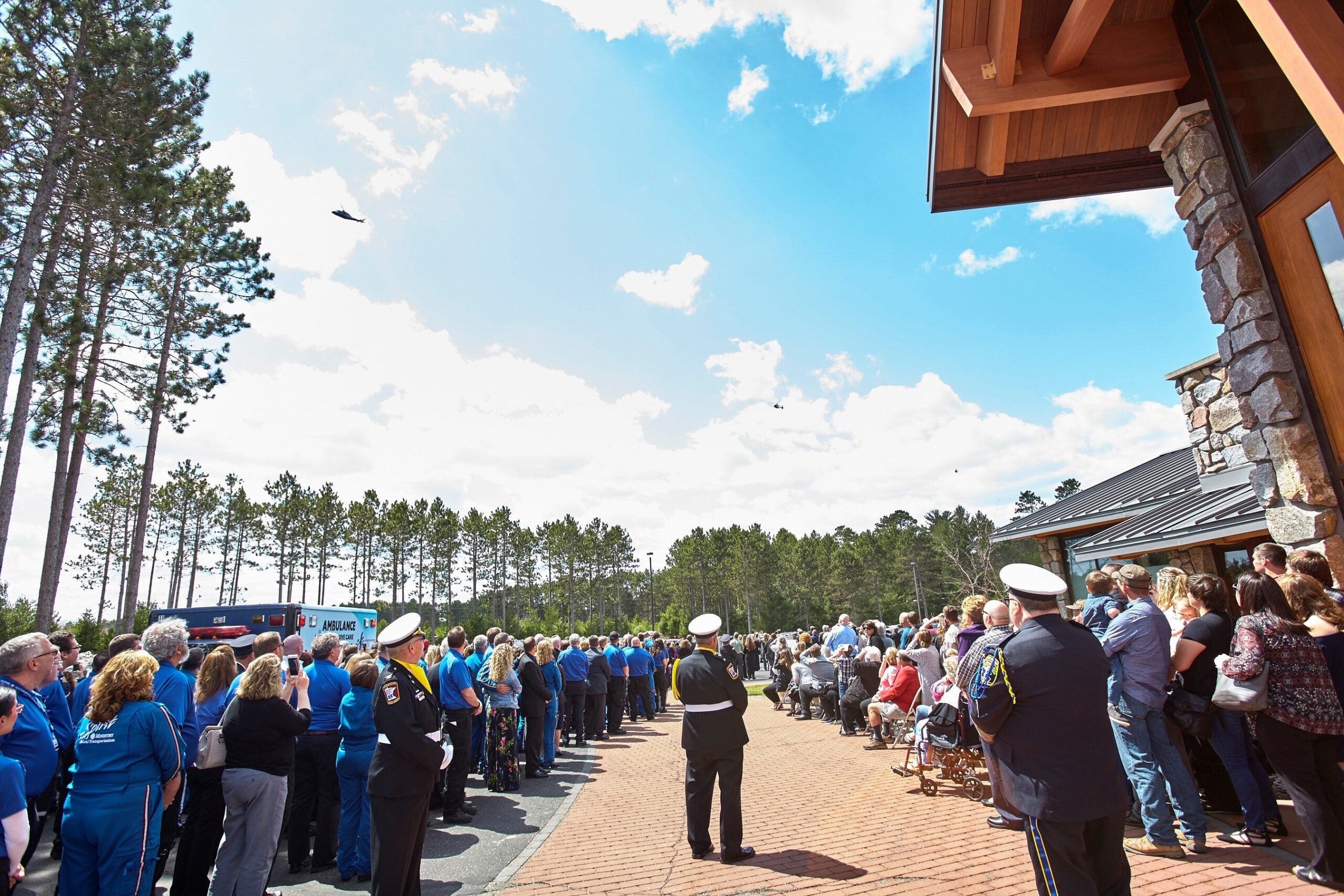Medical flights in Wisconsin are operating under new rules imposed by the FAA. The push to develop the rules, which cover details from training to newly-required equipment, came after a series of fatal accidents six years ago.
In 2008, a helicopter operated by UW-Health crashed near La Crosse, killing everyone on board. Dr. Ryan Wubben, the medical director of UW’s Med Flight program, says that in the years following the crash, the UW adopted much of what the FAA is now requiring of all medical flights nationwide, with one notable exception.
“Probably the biggest change for us is the mandate of having flight data recorders and cockpit voice recorders,” Wubben said, “which are standard on the airlines, but have not had quite the level of sophistication, crash worthiness and size to really be incorporated into helicopter EMS operations.”
Stay informed on the latest news
Sign up for WPR’s email newsletter.
Wubben says they have four years to adopt the new technology, which means either the aircraft will be retrofitted or replaced outright. It’s a change Wubben says, he welcomes, because the National Transportation Safety Board didn’t have a lot of hard data when it investigated the crash in 2008.
Flight for Life operates helicopters from bases in Waukesha, Fond du Lac and McHenry, Illinois. They, too, are going above and beyond what the FAA is now requiring. Flight for Life’s Tammy Chapman says they are using “night vision goggles at night on all flights where it is appropriate. So we added to that what the FAA was looking at doing.” Chapman continued: “We actually looked at what else can we do to enhance safety.”
The UW’s Dr. Wubben says in general, air EMS operators in Wisconsin are ahead of the curve when it comes to technology and safety, but the same cannot be said of the industry as a whole. He says all operators should be required to use night vision goggles and aircraft equipped with an autopilot system.
Wisconsin Public Radio, © Copyright 2025, Board of Regents of the University of Wisconsin System and Wisconsin Educational Communications Board.
